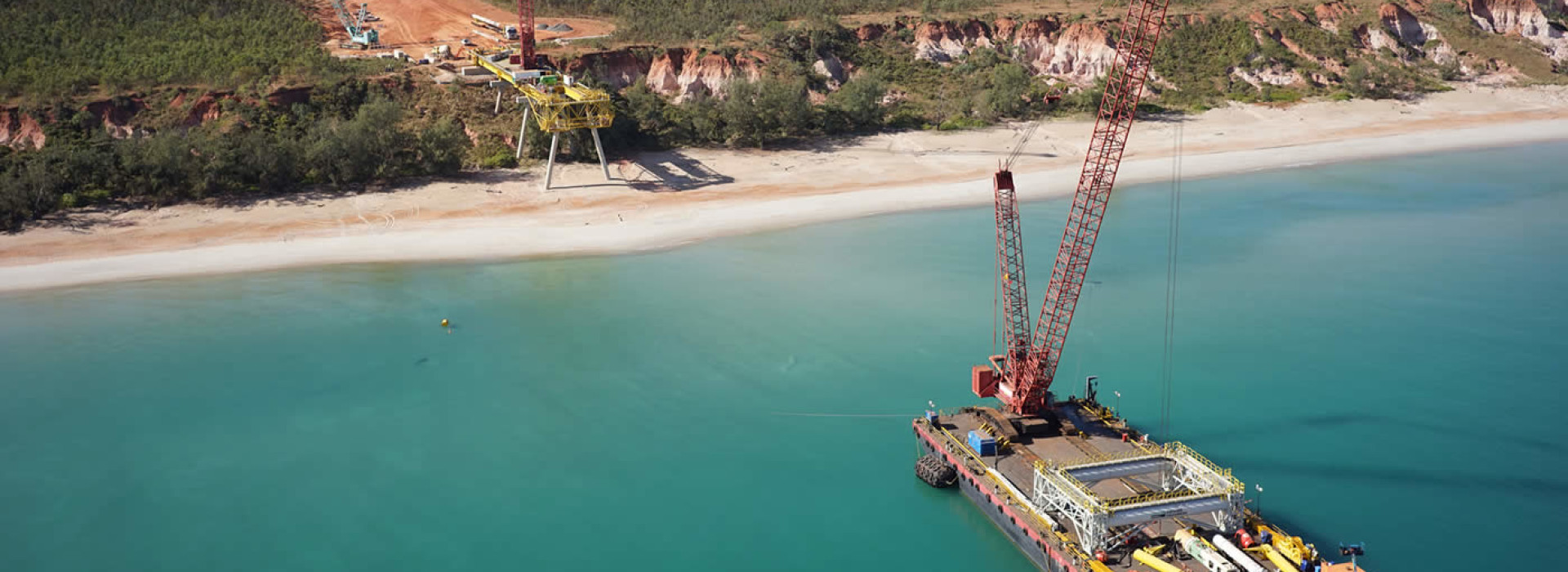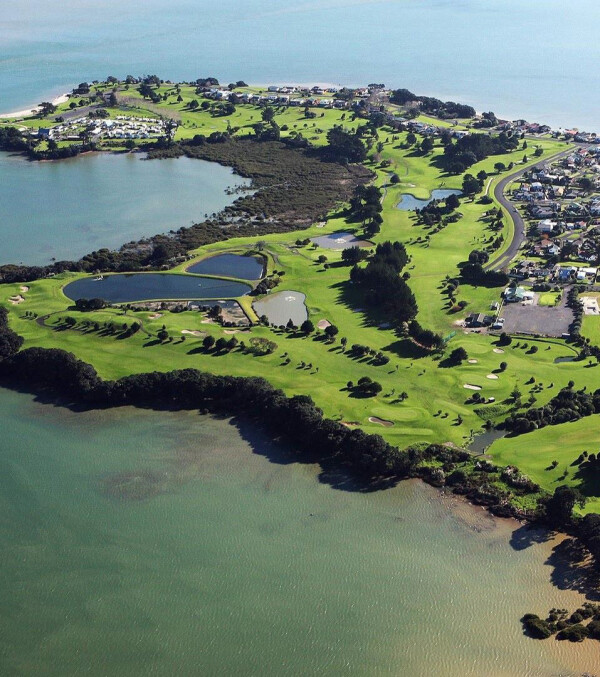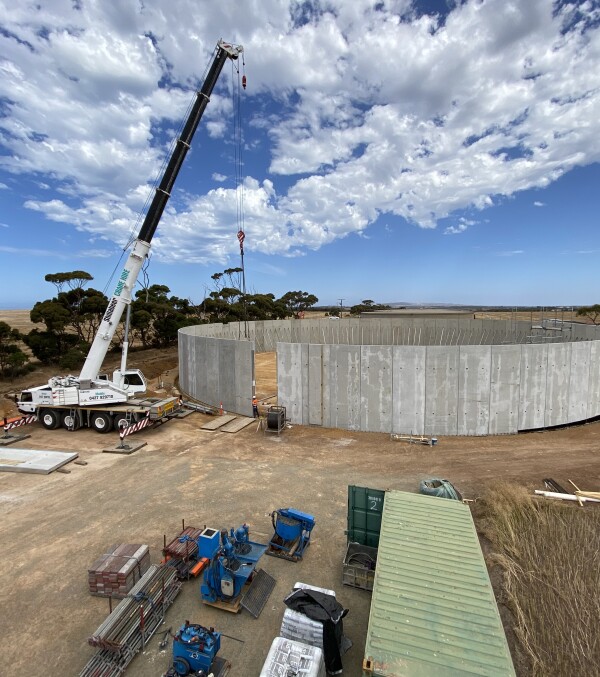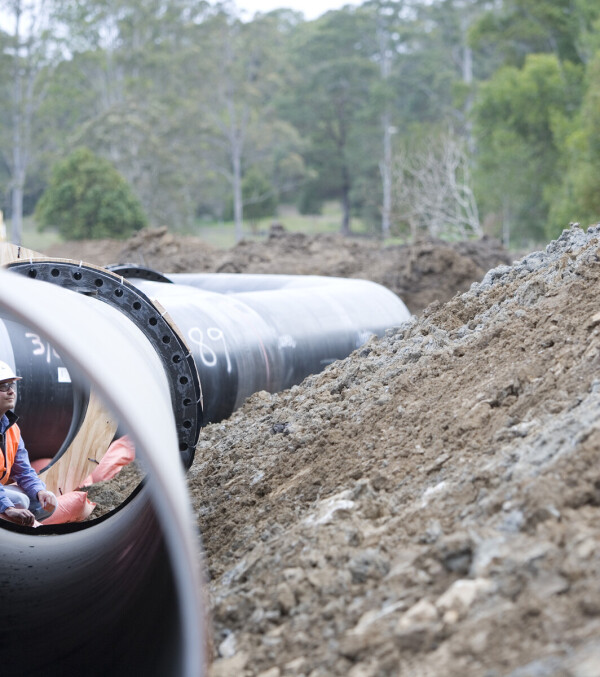|
Client: Government of Kiribati Location: Tarawa, Republic of Kiribati Contract: Construct Only Value: AUD$73 M Completion: November 2016
|
Fast Facts
|
Project Summary
This project was jointly funded by The World Bank, Asian Development Bank, Australian Aid and Government of Kiribati and is one of the largest funded projects in Kiribati. South Tarawa is the most populated atoll in Kiribati with around 50,000 residents.
The project scope includes the rehabilitation of 32 km of the main road between the capital Betio and the international airport at Bonriki, and the rehabilitation of 14 km of minor feeder roads. Other works included repairs and improvements to the, upgrading of 11 km of watermain and valve chambers from Teaoraereke to Betio, and coastal protection works. Extensive pavement works were carried out including clearing & grubbing, investigating & relocating existing underground services, pavement construction, membrane seals, geocell concrete, kerbing, AC surfacing, chipsealing, fibre optic duct, stormwater drainage, speed humps, solar street lighting, road signage, footpath, linemarking, bus shelters and miscellaneous concrete works.
Construction was completed 30 November 2016 and is followed by a 24 month DNP involving routine maintenance, with final completion 30 November 2018. During the DNP we carried out oversaw of three local subcontractors undertaking routine road maintenance, including cleaning out drainage channels and culverts, sweeping road edges and trimming vegetation
The Challenge
Kiribati is very isolated with limited resources and manufacturing capability, necessitating the need to import nearly all materials and equipment. Betio was the site of significant fighting during World War II, so extensive surveys had to be carried out for unexploded ordnance prior to commencing construction on the road.
Solution
All materials, plant and equipment were mobilised to the project site with McConnell Dowell producing all concrete and asphalt required for the project. A full time materials testing facility was constructed to ensure all materials incorporated into the project were compliant. Material management systems were put in place to ensure materials arrived in time and there were adequate stocks on hand at all times.
Key to Success
The completed road has had a significant impact on improving the health and wellbeing of the people of Kiribati, improving access to health clinics, schools and transport hubs.
Approximately 45 expatriate and 300 local staff worked on the project, with 18 separate work crews active at one time. The project has provided improved travel and increased safety for motorists and pedestrians.
An emphasis on the health and safety of all our stakeholders and excellent environmental practices were paramount and our enduring relationship with the client and our local workforce utility providers was key to the success of the project.






